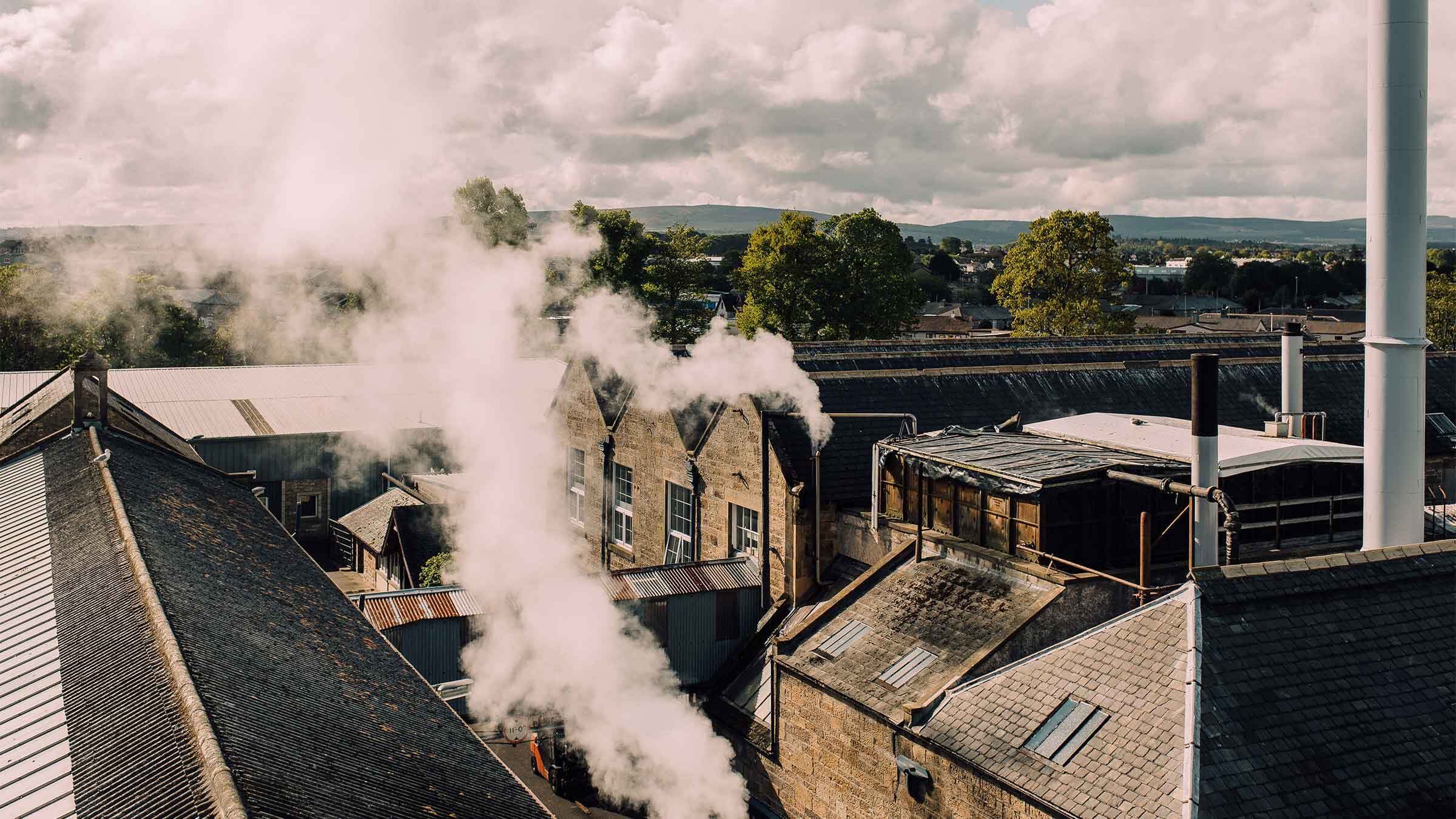

Scotland is a leader in green energy, producing more than 85% of its electricity from renewables for the last 3 years. The electricity that powers our mills is purchased on contracts backed by renewable energy certificates. We have also invested in energy-efficient lighting and an improved boiler maintenance programme. In our recent Makers Croft sewing facility renovation, we have introduced air-source heat pumps and are evaluating the addition of solar power.
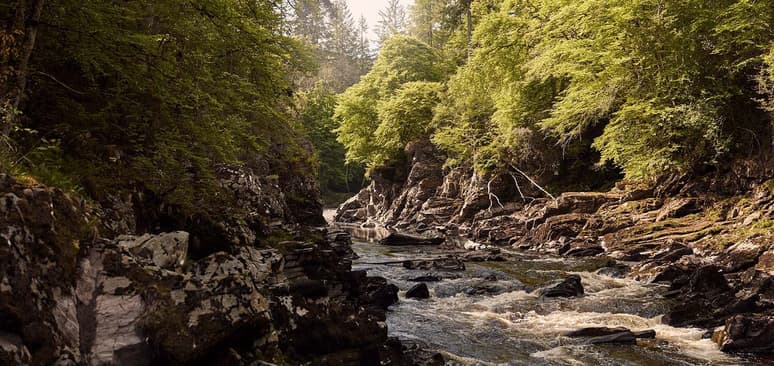
We still have a considerable amount to do to reduce our manufacturing carbon footprint. Natural gas still constitutes 76% of our energy mix and is difficult to displace, particularly in intensive processes that require steam. Our next steps are to invest in additional metering to assist with our efforts to improve efficiency, explore the recapture of heat from our wet processes, look at space heating via air source heat pumps and the potential to introduce solar on roof spaces.

These actions will take place over several years, and our calculations indicate that these steps alone will not be enough to completely remove reliance on gas, so we are participating in studies to look at whether hydrogen has a part to play in closing the gap and getting to net zero for our manufacturing operations. We are investigating innovative but unproven solutions, such as heat batteries.
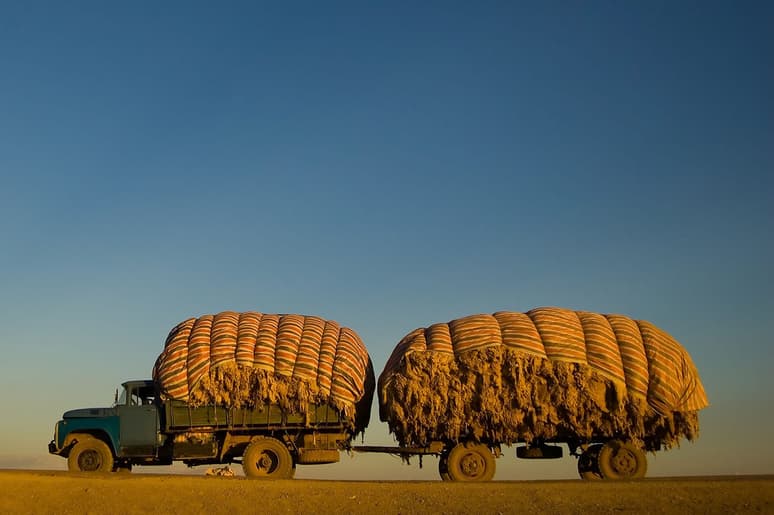
We prioritise energy-efficient equipment when making new purchases and invest in energy-saving technologies where we can. For example, we use highly efficient heat exchangers in our dye vats to reduce energy use.
LESS MOVEMENT
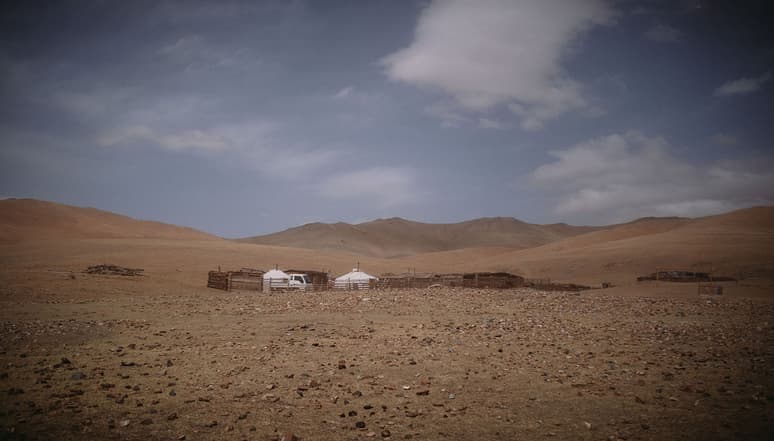
Much uncertainty remains around the carbon footprint of Cashmere due to methane emissions from goats, and as this represents such a large proportion of our footprint, more work is required.
Johnsons of Elgin are co-sponsoring a comprehensive life cycle analysis undertaken by Textile Exchange across Cashmere-producing regions in Mongolia and China to produce data that the industry can rely on. We will recalibrate our calculations with the data from this study when the results are available.
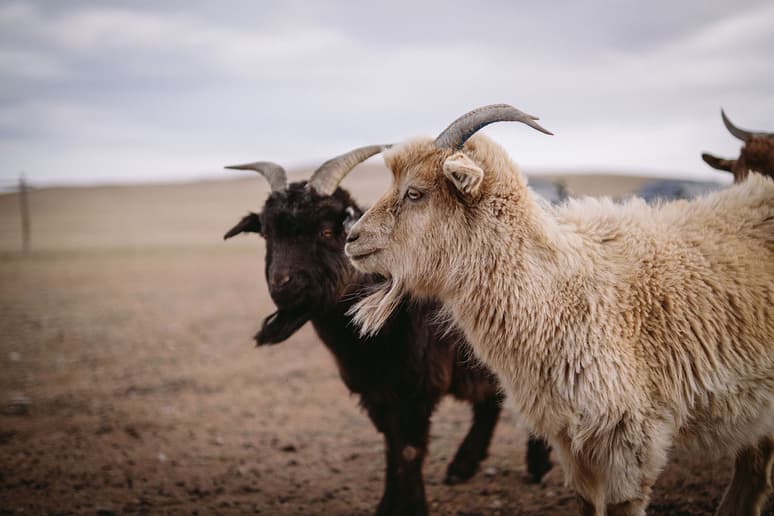
To date, we have not participated in offsetting schemes as we would prefer to invest in our processes to directly improve efficiency and reduce our footprint.
When you invest in the best quality, natural fibre products, caring for them well will help to extend their lifespan. We can also repair your Johnstons cashmere knitwear if it has suffered wear and tear, moth holes or pilling caused by rubbing. For further information on our knitwear repair service partnership, please contact Cashmere Circle.
When your wool or cashmere product does finally reach the end of its life, it will biodegrade naturally in soil or water.
Newsletter
Sign up below for updates about Johnstons of Elgin products, services, stores, events and more. I acknowledge that my email address will be processed by Johnstons of Elgin in accordance with the provisions in our Privacy Policy.
Customer Service
About Us